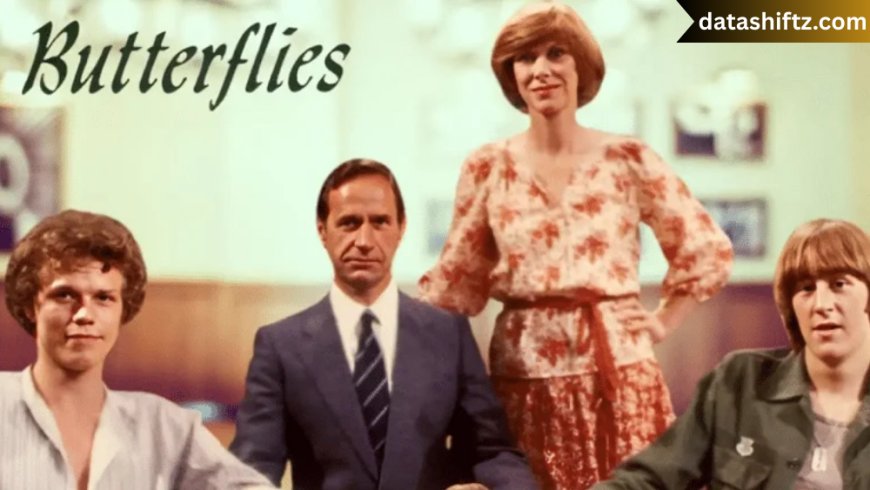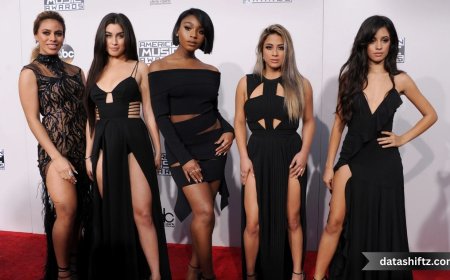Butterfly TV Show: A Sensitive, Game-Changing Portrayal of a Transgender Child

Introduction
Released in October 2018 on ITV, Butterfly is a three-part British drama that made history as one of the first mainstream TV series to focus squarely on the experience of a transgender child. Written by Tony Marchant and brought to life by extraordinary performances, particularly from young Callum Booth-Ford (as Maxine), the show strikes a delicate balance between empathy and realism. It not only offers vital representation but also invites audiences to reflect on family dynamics, societal resistance, and the emotional cost of gender dysphoria. Here’s an in-depth review of why Butterfly remains a moving, necessity-driven drama.
Plot, Characters & Authenticity
Synopsis & Family Portrait
Butterfly centers on eleven-year-old Max, a birth-assigned boy navigating feelings that align with female identity. The drama follows Max’s journey to be known as Maxine, and the emotional turmoil it causes within her family—mothers, father Stephen, sister Lily, and grandparents. Over three 44-minute episodes, the narrative explores parental acceptance, adolescent crisis, and societal prejudice. ([turn0search14])
Cast & Performances
-
Callum Booth-Ford delivers a remarkable performance as Maxine, combining vulnerability and quiet strength. Critics praised the nuance of this portrayal. ([turn0news13], [turn0search14])
-
Anna Friel (as Vicky, Maxine’s mother) is tender, torn, and deeply empathetic—an anchor of the family's emotional core.
-
Emmett J. Scanlan (Stephen, father) portrays a man grappling with identity, fear, and redemption.
-
Supporting cast like Alison Steadman (grandmother) and Millie Gibson (sister Lily) round out an emotionally believable family portrait. ([turn0news13], [turn0search14])
Commitment to Authenticity
The series was carefully consulted with Mermaids UK, a charity supporting trans youth. Writer Tony Marchant met with trans children and families—and scripted events that, while compressed for drama, reflect real experiences. For example, the waiting times for NHS gender identity services are realistically depicted as lengthy—not immediate. ([turn0search3], [turn0search14], [turn0search9])
Reception & Cultural Impact
Critical Acclaim
Critics lauded the series for its humane and emotionally grounded storytelling:
-
The Guardian called it “wonderfully delicate,” praising how it captures internal family conflict with empathy. ([turn0search8])
-
The Independent highlighted a powerful scene where Lily fiercely stands up for Maxine—“incredibly affecting.” ([turn0search2])
-
The Observer saw it as a “landmark ITV series,” combining humor and heartbreak within a fractured family. ([turn0news13])
Audience Response & Social Resonance
Audiences broadly embraced Butterfly:
-
Viewers described it as “powerful,” “important,” and “truthful,” with many noting its potential to shift perceptions around trans experiences. ([turn0search1], [turn0search4])
-
Trans commentators and platforms called it “game-changing,” acknowledging its thoughtful portrayal of transitioning. ([turn0search11], [turn0search8])
-
Some viewers, particularly trans parents, noted it didn't fully reflect the social isolation or peer support critical in real life. ([turn0search0])
Constructive Critiques
Criticism centered on a few areas:
-
The National Health Service’s Gender Identity Development Service (GIDS) raised concerns over the suicide attempt storyline, stating that very few 11-year-olds attempt suicide—something the show depicted more prominently than statistics support. ([turn0search14])
-
Some commentators mentioned modest use of stereotypes (e.g., interests like “pink and sparkles”), though these didn’t overshadow the overall empathetic tone. ([turn0search4])
Quick Overview – Show Highlights
| Aspect | Details |
|---|---|
| Genre & Format | Three-part British drama miniseries (ITV, Oct 2018) |
| Core Theme | Transgender identity of child Maxine and family dynamics |
| Key Creative Team | Writer: Tony Marchant; Director: Anthony Byrne; Consultant: Mermaids UK |
| Lead Cast | Callum Booth-Ford (Maxine), Anna Friel, Emmett J. Scanlan |
| Critical Strengths | Authenticity, compassionate storytelling, strong performances |
| Audience Impact | Widely praised by trans community and families for representation |
| Controversy | Suicide depiction vs NHS stats; some stereotyped traits |
| Cultural Significance | One of first mainstream dramas about a trans child on prime-time UK TV |
Key Takeaways
-
A Pioneering Depiction – One of the earliest prime-time dramas to center on a young transgender character with complexity and dignity.
-
Rooted in Real Narratives – Developed with real families and trans youth to reflect lived experiences faithfully.
-
Outstanding Performances – Especially from Callum Booth-Ford, Anna Friel, and Emmett J. Scanlan, bringing emotional truth to the screen.
-
Educates Without Sensationalizing – Tackles gender identity, medical processes, and family conflict with nuance.
-
Cultural Catalyst – Sparked public conversation, provided representation, and encouraged empathy toward trans youth.
-
Not Without Limitations – Some dramatic liberties and simplified portrayal of systemic challenges invited critique.
Conclusion
Butterfly remains a meaningful and emotionally powerful TV drama—one that approaches the story of a transgender child with empathy, insight, and realism. While it occasionally simplifies structural issues (like NHS delays or the severity of family isolation), the series’ strengths lie in its character-driven narrative and its ability to humanize a topic often relegated to headlines or controversy.
By courageously placing Maxine's story center stage, and with performances that move beyond tokenism, Butterfly became more than just a drama—it became a representative mirror for many families and a vital discussion starter.
For those curious about representation, transgender narratives, or quality family drama, Butterfly is absolutely worth watching. It shows how television, when handled thoughtfully, can indeed change hearts—and perhaps even society.






























